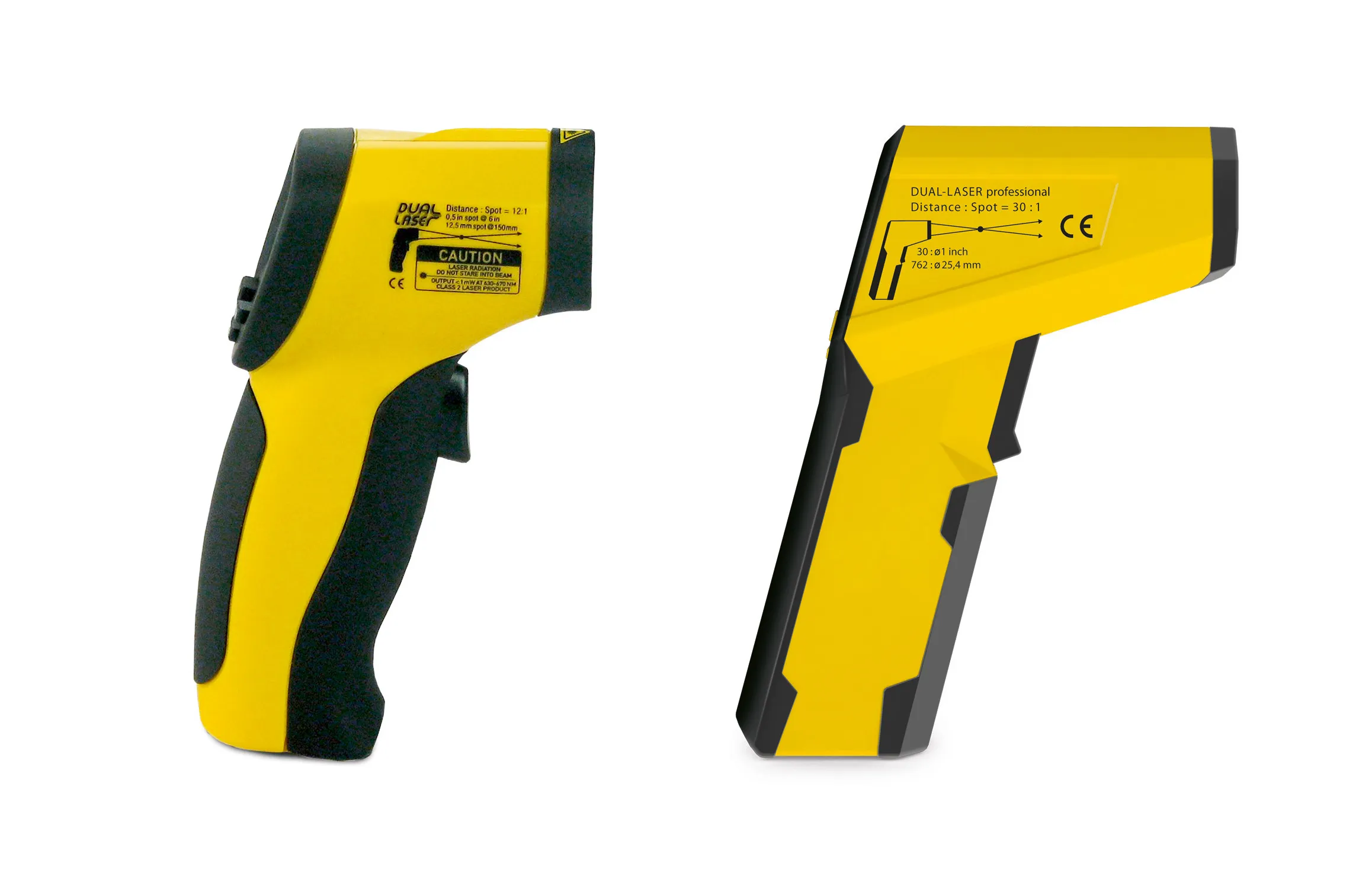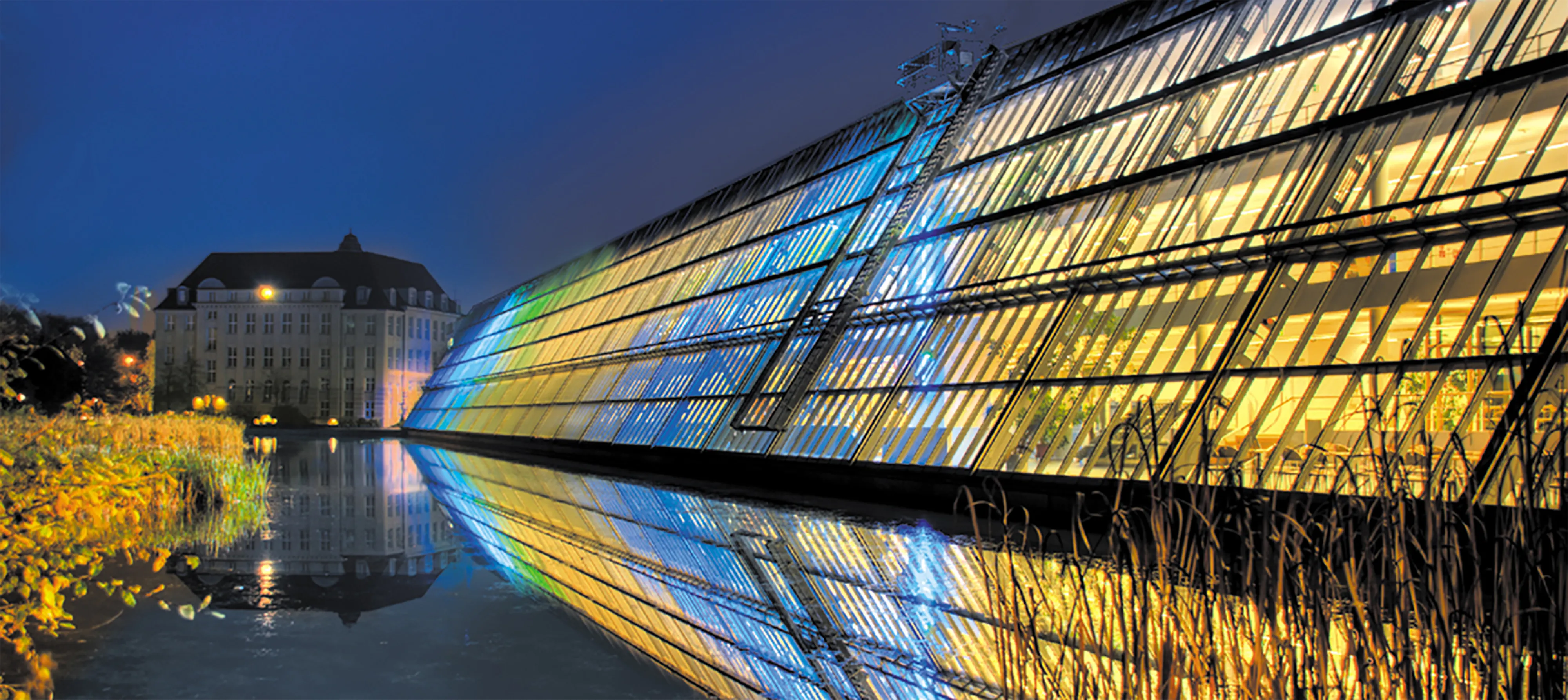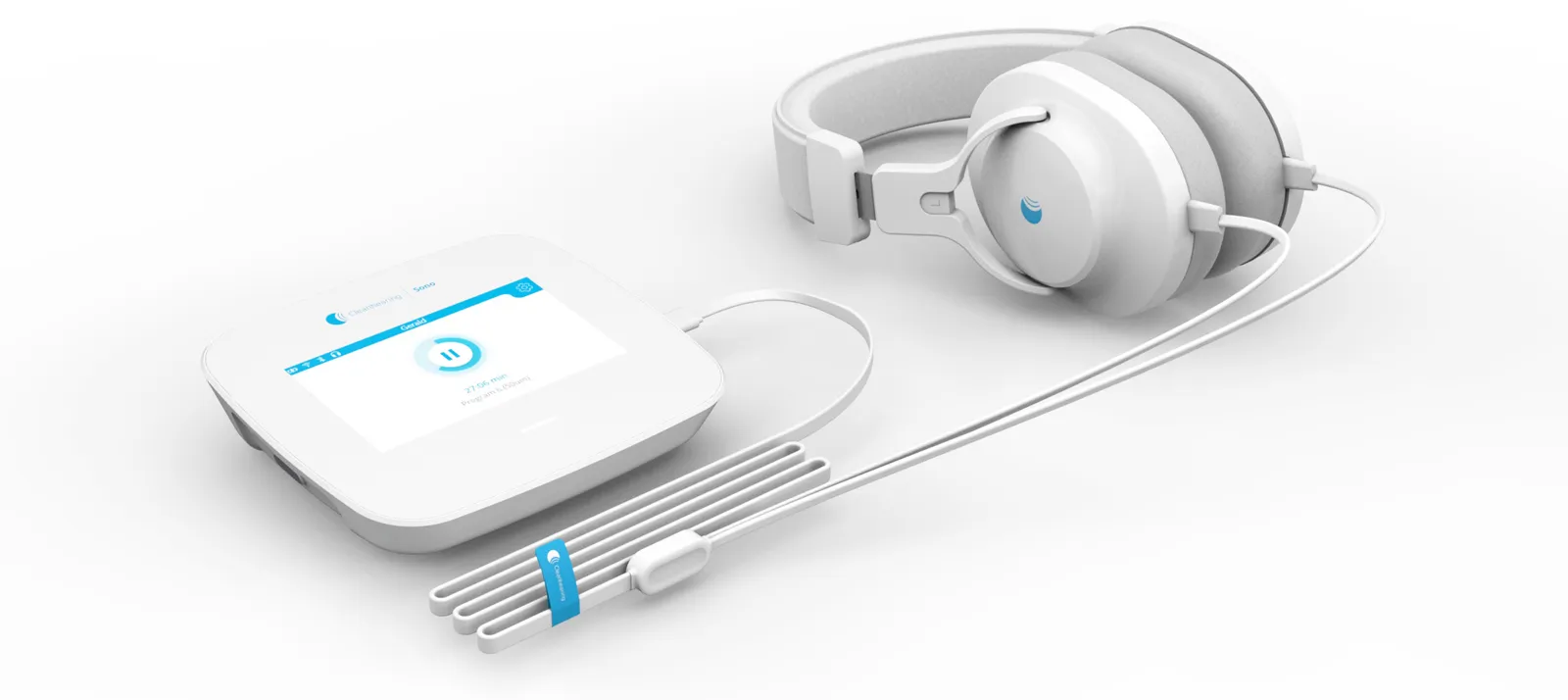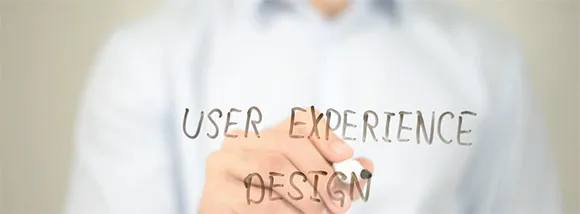Expertise
Who does a design agency work for?

These and 6 other regularly asked questions (FAQ) are always of great interest to our customers and clients.
- -> What does design cost?
- -> What rights do I have to the design as the client?
- -> What risks does the designer bear?
- -> How can the quality of design performance be measured?
- Who does a design agency work for?
- -> How does a design project work?
- -> How do I start a design project?
Who does a design agency work for?
Smallcompanies or start-ups often worry about whether they are at the right address with a design agency. In many cases, this concern is justified, as the creative team and the client organization need to work well together. In the course of developing a design agency, one adapts to the needs of a certain clientele and thus automatically distances oneself from the needs of another target group. However, there are also design agencies with a very broad base that are happy to look after a wide variety of clients of different sizes and reputations. Whether the budget is large or small should always play a subordinate role. They must be appropriate to the task. That is all.
-> Learn more about our customers
Specialist vs. generalist
Whilespecialization in the creative industries has been driven forward in recent decades, there is now a trend in the opposite direction. As globalization progresses, companies' need for management and advice is becoming ever greater and, as a result, generalist designers are on the rise again. Let's take WILDDESIGN as an example: our specializations are in technical design, medical technology and strategic design. These are areas with great future prospects and many opportunities for know-how transfer and cross-innovation. Our know-how grows with every new order and we apply this to all future projects. It goes without saying that we fully respect the confidentiality requirements of our customers and we also avoid working for competitors at the same time. In this way, long-term cooperation automatically leads to increasing exclusivity.
In which cases do most designers (and WILDDESIGN) refuse to collaborate?
Thisalso occurs (albeit very rarely) in the following cases:
- for projects involving weapons
- for projects that would clearly exacerbate environmental or social problems
- for requests to copy competitors
- for requests for unpaid work
Either way, don't be afraid to ask us. It all starts with the first contact - and it's best to do it now!
Further links:
VDID: Information on design contracts
WILDDESIGN is a member of Germany's largest professional association
Frequently asked questions





